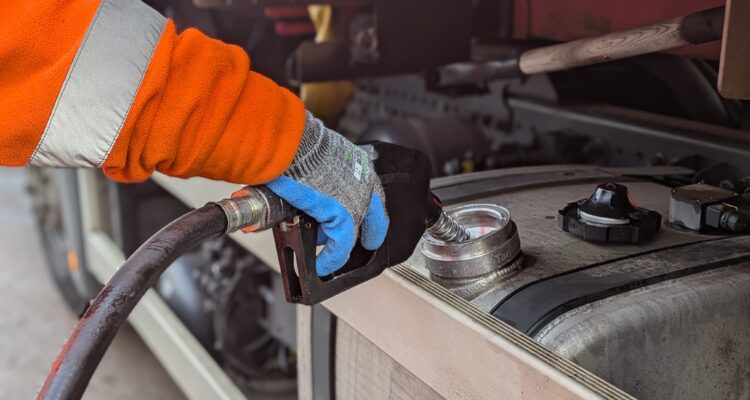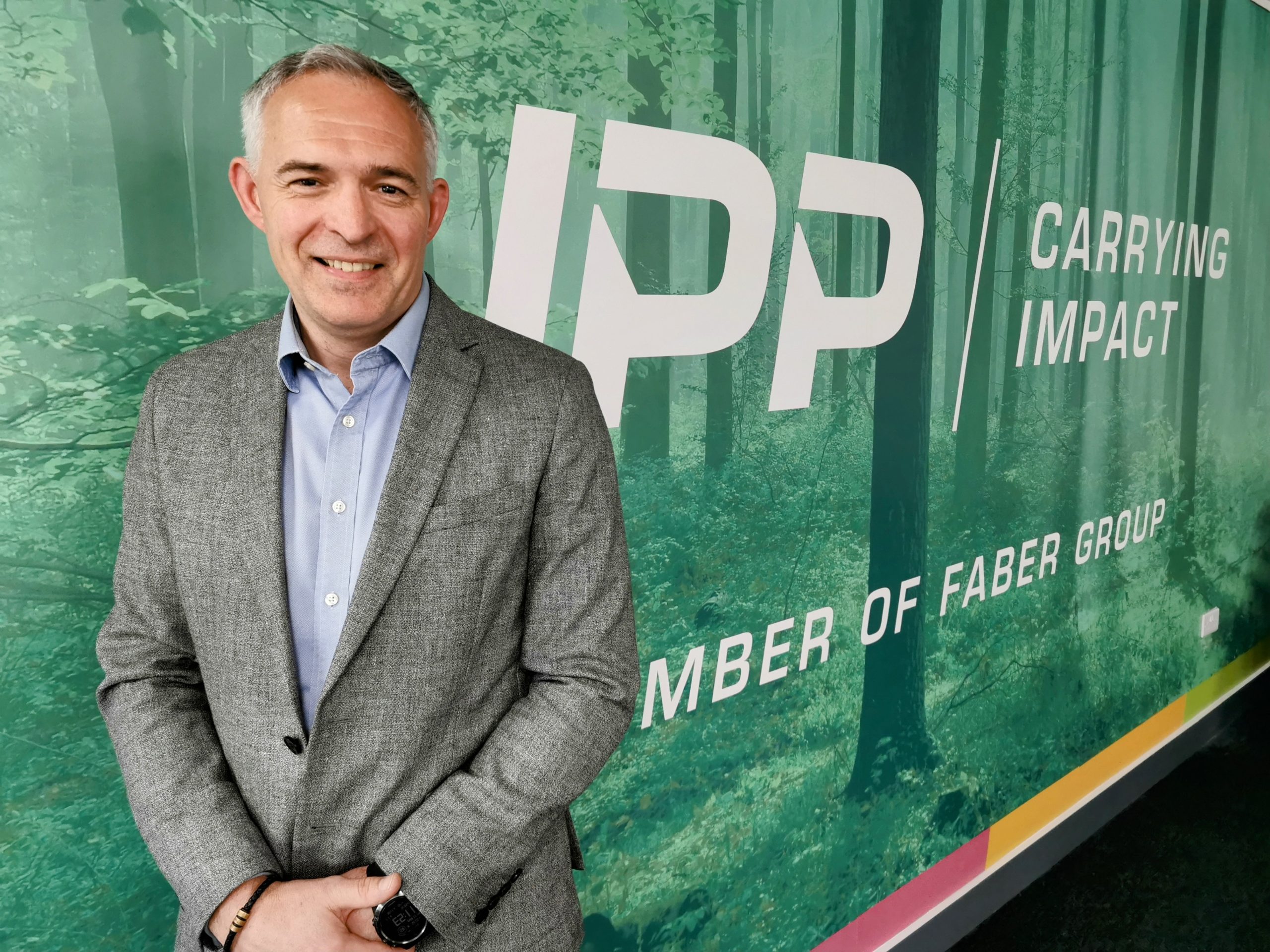In today’s transitional period towards a greener logistics and transportation world, IPP’s regional managing director Andy Maddock argues for more carrot than stick in helping businesses cut CO2
We are constantly advised to eat our greens and focus on a minimum of a five-a-day diet for our personal health and sustainability. Similarly, business organisations looking to reduce their carbon intake in pursuit of their ESG goals are all looking to greener solutions.
Being one of just nine per cent of global organisations which form part of the circular economy, we understand the need to stress test supply chain solutions that reduce business impact. We refer to this as ECOnomics, where green solutions and profitability are not mutually exclusive. In fact, they form an essential part of the corporate drive towards commercial and environmental benefit.
For example, in supply chain businesses such as ours, we understand that electric vehicles (EVs) are an expensive and limited luxury for 24/7 operations. Sweating the assets of a fleet is the only way to sustain a business in an industry operating on wafer-thin margins and while shorter, local deliveries can be managed on EVs, longer high-volume hauls are currently off the menu.
While diesel has become a dirty word, the development and production of HVO100 – a biofuel refined from hydrotreated vegetable oil from renewable sources such as cooking oils and animal fats – is being seen as a potential gamechanger. HVO is seen as a ready replacement for fossil red and white diesel as it cuts up to 90 per cent of net CO2 emissions.
However, the obvious high demand has pushed up the price to prohibitive levels, as has shortage of supply following a recent fire at a leading HVO refinery in Rotterdam. The fluctuating price of raw materials such as cooking oil is also a pinch point, along with other geopolitical issues that indirectly impact the price of this new sustainable alternative.
Businesses can – and do – keep a watching brief on the current market prices and negotiate with HVO suppliers for more competitive rates. However, a more effective solution may be to focus on its overall benefit, such as reduced engine maintenance and lower emissions, which can help offset the initial expense.
The other solution is lobbying for an industry-wide incentive to switch to HVO by way of offering government subsidies. After all, it is government that is driving the net zero agenda by means of legislation.
In Europe, the EU’s key legislation requires companies to report on their ESG impacts, increase corporate accountability and guide investors toward more sustainable financial products. The EU also regulates ESG rating providers to ensure their operations are transparent and reliable.
As a European business that understands the ‘go lean and green’ message, we make the point that the message has to cut both ways.
We already engage in many initiatives to cut our CO2 emissions, and we understand that consumers also have a role to play in this transition, as the shift to low-carbon logistics is a shared responsibility.
However, we believe it’s only fair to ask key policy makers to incentivise rather than penalise businesses. As such, we believe companies should be subsidised to use this fuel and cut carbon emissions more generally.
Business can achieve a lot in terms of the growth and sustainability agenda, but it can’t do everything here on its own – the state has to help to some degree. In terms of its five a day, there should be more carrot and less stick in the corporate diet.







